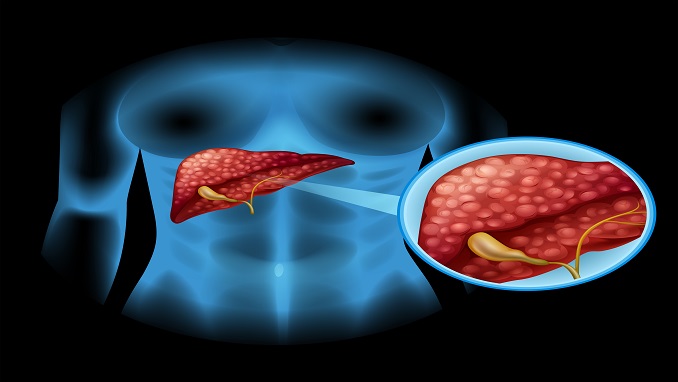The PD-1 inhibitor tislelizumab “met the primary endpoint of non-inferior overall survival (OS) versus sorafenib” in the global Phase 3 trial as a first-line treatment in adult patients with unresectable hepatocellular carcinoma (HCC), a type of liver cancer, biotech company BeiGene said in a press release Tuesday.
A total of 674 adult patients in the U.S., Europe, and Asia were given “either tislelizumab at 200 mg intravenously once every 3 weeks or 400 mg of sorafenib orally twice daily,” said BeiGene. The results showed no new safety signals and that tislelizumab’s safety profile “was consistent with previous studies.”
As the Biotechnology Innovation Organization (BIO) member company explains, tislelizumab’s “key secondary endpoint is Overall Response Rate, as assessed by Blinded Independent Review Committee (BIRC) per RECIST v1.1.”
Hepatocellular carcinoma (HCC) is the most common type of primary liver cancer responsible for over 12,000 deaths per year in the U.S. HCC accounted for more than 900,000 new cases in 2020.
The death rate and the fact that over “two-thirds of patients with HCC present with advanced disease at diagnosis despite improvements in screening, surveillance rules, and imaging” makes it one of the most serious cancers in adults.
Noting that “there are few treatment options if patients cannot tolerate tryrosine kinase inhibitors (TKI) therapy or if their condition progresses,” Mark Lanasa M.D., Ph.D., Chief Medical Officer, Solid Tumors at BeiGene pointed out that “patients with unresectable HCC face a devastating prognosis, with a median life expectancy of one year.”
As per Dr. Lanasa, full results are expected to be submitted for presentation at an upcoming medical conference.
Eighth positive Phase 3 trial readout for tislelizumab
BeiGene’s press release adds that the results “mark eighth positive Phase 3 trial readout for tislelizumab across multiple cancer types and lines of therapy.”
Tislelizumab has won approvals in China “in classical Hodgkin’s lymphoma and locally advanced or metastatic urothelial carcinoma.”
As we previously wrote, BeiGene’s main focus areas are “hematology-oncology and solid tumor-targeted therapies and immuno-oncology” with “both mono- and combination therapies prioritized in our research and development.”
The company “develops novel therapeutics for cancer, with a focus on oral small molecules and monoclonal antibodies” and has three approved medicines discovered and developed in its own labs.
The PARP inhibitor, pamiparib, is developed in China; “BTK inhibitor BRUKINSA® in the U.S., China, the EU, Great Britain, Canada, Australia, and additional international markets; and the non-FC-gamma receptor binding anti-PD-1 antibody, tislelizumab.”




